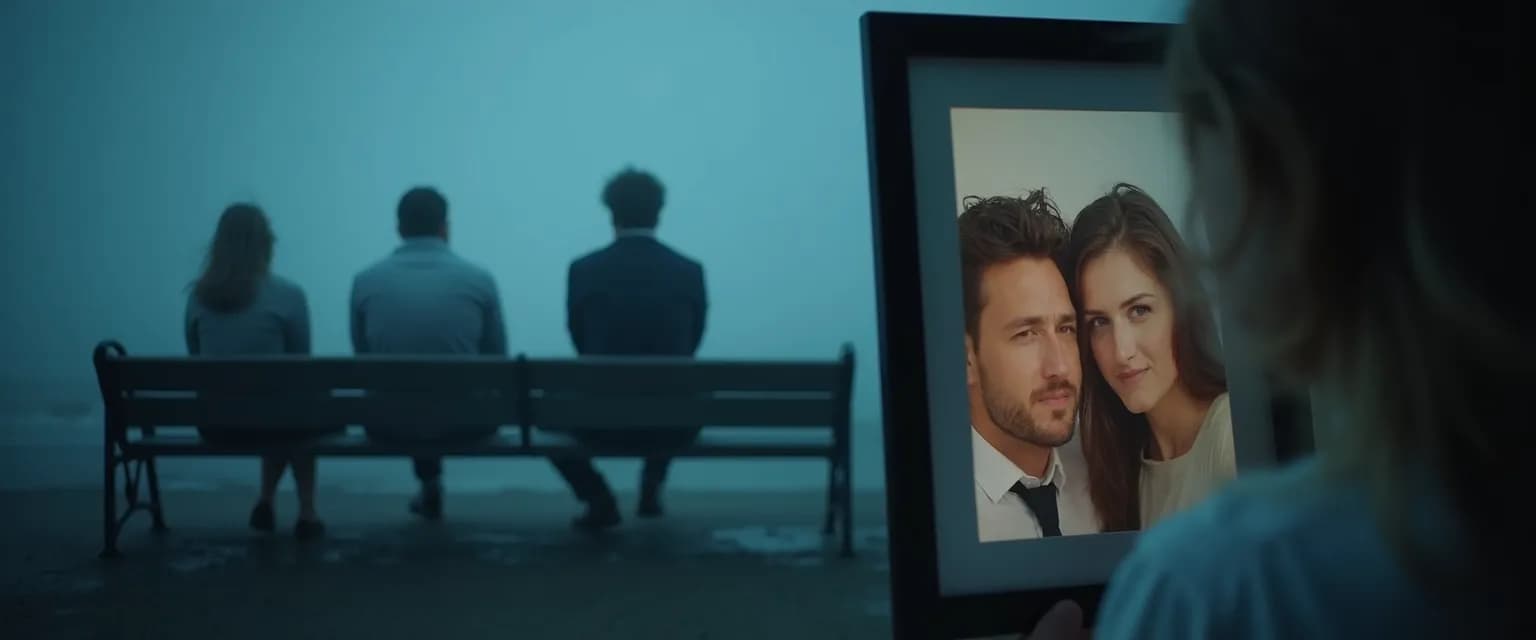The Unique Grief Of Losing A Friendship Vs. Romantic Breakups | Grief
The grief of losing a friendship often flies under the radar in our society. While romantic breakups come with established rituals, sympathy, and a cultural understanding of their significance, friendship endings frequently happen without acknowledgment or support. Yet for many, the pain of losing a close friend cuts just as deeply as romantic heartbreak—sometimes even deeper. This invisible grief creates a unique emotional landscape that deserves recognition and proper navigation techniques.
When a friendship dissolves, you're not just losing a companion but often a witness to your life history, someone who holds your memories and understands parts of you that even romantic partners might not. The grief of losing a friendship carries its own distinct emotional signature, characterized by a sense of identity disruption that can feel surprisingly destabilizing. Research shows that long-term friendships create neural pathways similar to family bonds, making their dissolution particularly difficult to process according to emotional memory research.
Unlike romantic breakups, which friends and family rally around with comfort and validation, those experiencing the grief of losing a friendship often suffer in silence, wondering if their pain is even legitimate.
Why the Grief of Losing a Friendship Creates Unique Emotional Challenges
One of the most difficult aspects of friendship grief is the absence of closure rituals. Romantic relationships typically end with a clear conversation or event, but friendships often fade gradually or implode without resolution. This ambiguity complicates the grief of losing a friendship, leaving unprocessed emotions and unanswered questions lingering for years.
Society's lack of validation compounds this pain. While romantic breakups are met with sympathy, time off work, and understanding, friendship endings rarely receive such acknowledgment. This invisibility can make you question whether your grief is valid, creating a secondary emotional burden on top of the original loss.
Interestingly, research indicates that friendship grief often persists longer than romantic grief. A study from the University of Manchester found that people typically take longer to emotionally recover from significant friendship losses than from romantic breakups. This relates to how our brains process social connections and the unique attachment patterns friendships create over time.
Friendships also lack the built-in expectations of potential endings that romantic relationships carry. We enter romantic partnerships with some awareness they might end, but friendships are often assumed to last indefinitely, making their dissolution particularly shocking when it occurs.
Healing Strategies for Managing the Grief of Losing a Friendship
Acknowledging the legitimacy of your grief is the crucial first step toward healing. The pain you feel from the grief of losing a friendship isn't exaggerated or inappropriate—it's a natural response to a significant loss. Give yourself permission to feel this grief fully without judgment.
Creating your own closure ritual can be particularly helpful when friendship endings lack formal resolution. This might involve writing a letter (that you don't necessarily send), having a symbolic goodbye ceremony, or setting aside time to consciously process the loss through emotional response techniques.
Practical Daily Practices for Friendship Grief
- Set aside 5 minutes daily for a "grief check-in" to acknowledge your feelings
- Practice self-compassion statements when memories arise
- Create small boundary-setting exercises when navigating shared social circles
- Engage in activities that affirm your identity beyond the lost friendship
Navigating shared social circles presents another challenge in friendship grief. Unlike romantic breakups where friend groups often naturally divide, friendship endings can create complicated social dynamics. Develop a simple script for yourself when interacting with mutual friends, and recognize that maintaining some distance initially is a form of self-care, not pettiness.
Building new connections is essential, but don't rush this process. The grief of losing a friendship needs space and time. Start with low-pressure social interactions that align with your interests rather than seeking immediate replacement friendships.
Remember that healing from the grief of losing a friendship follows no set timeline. Some days will be harder than others, and that's normal. By acknowledging your grief, creating personalized closure, and practicing daily emotional intelligence techniques, you build resilience through this unique form of loss—one that deserves just as much care and attention as any other significant life transition.




